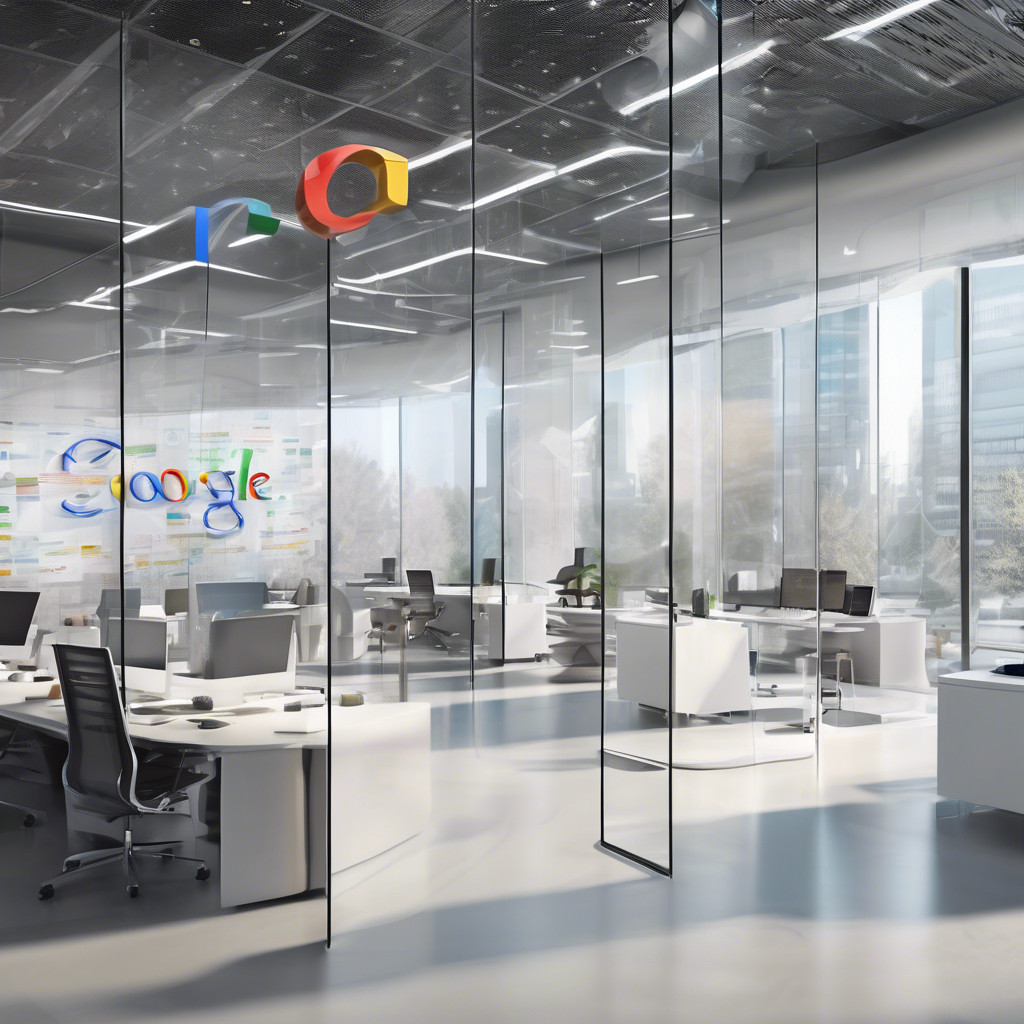Google Unveils AI-Powered Search Overhaul at 2025 Developer Conference

At Google's 2025 developer conference, the company revealed a major overhaul of its core search functionality, emphasizing the crucial role artificial intelligence will play in its future. Co-founder Sergey Brin and CEO Sundar Pichai showcased a key update addressing rising competition in AI, especially from OpenAI's ChatGPT, which has reshaped expectations for online search. The highlight was the launch of "AI mode, " a conversational search experience powered by Google's advanced Gemini language models. This feature marks a strategic shift to keep Google leading in digital search amid disruptions from sophisticated AI chatbots. AI mode integrates smoothly across Google's ecosystem, providing context-rich, personalized responses based on users' preferences and search history. This aims to significantly enhance user experience by offering more intuitive, conversational answers, moving beyond the traditional blue link results. Beyond the search interface improvements, Google introduced advanced AI projects like Project Mariner and Project Astra, expanding into multimodal AI agents capable of understanding and generating content across various media—text, images, and potentially video. These initiatives highlight Google’s dedication to pioneering versatile, human-like AI interactions. The company also outlined new monetization approaches, exploring subscription models and hyper-targeted advertising to leverage increased engagement with AI features. Among these is testing ads directly integrated into AI responses and interactive tools like virtual try-ons, offering innovative ways for users to connect with products and services. Monetization is critical as Google’s search advertising business, valued around $198 billion, remains a core revenue source.
The challenge lies in evolving the platform without compromising this lucrative stream, balancing innovation with financial stability. Acknowledging past AI challenges such as hallucinations—incorrect or misleading AI outputs—Pichai and Brin stressed that the latest rollout shows marked improvements in accuracy and functionality, boosting confidence in the technology's readiness for broad use. Investor response has been cautiously optimistic, with moderate rebound reflecting hope in Google’s AI-driven transformation maintaining its competitive edge. However, ongoing challenges include competition from AI startups like Perplexity and regulatory pressures that may affect innovation and operational flexibility. Looking ahead, Google's vast data assets and user trust form a strong foundation for its AI ambitions. Nonetheless, the AI search market remains dynamic and uncertain. Google's ability to sustain dominance will depend on navigating these shifts, fostering innovation, and managing technical and regulatory hurdles. In summary, the 2025 developer conference was a pivotal moment as Google advances deeper into AI-powered search and multimodal agents. Through AI mode and new projects, Google strives to redefine search for the AI era, balancing user experience improvements, innovation, and monetization. Despite existing challenges, the company’s commitment confirms AI as central to its strategy to uphold leadership amid a competitive digital landscape.
Brief news summary
At Google’s 2025 developer conference, the company unveiled a significant AI-driven upgrade to its core search engine. Co-founder Sergey Brin and CEO Sundar Pichai introduced an “AI mode” powered by advanced Gemini language models, allowing conversational, personalized, and context-rich search experiences that go beyond traditional links. This move is designed to strengthen Google’s position against AI competitors like OpenAI’s ChatGPT by integrating natural, intuitive dialogues throughout its platform. Google also revealed projects Mariner and Astra, which focus on multimodal AI agents capable of understanding and generating text, images, and videos. To capitalize on these innovations, Google plans to launch new subscription services, targeted advertising, and interactive features such as virtual try-ons within AI responses, enhancing its $198 billion advertising business. The company emphasized improvements in AI accuracy and reliability to overcome previous challenges. Despite regulatory hurdles and market pressures, investor sentiment remains cautiously optimistic. Leveraging its vast data resources and user trust, Google aims to lead the AI-powered search landscape through innovation, monetization, and an improved user experience.
AI-powered Lead Generation in Social Media
and Search Engines
Let AI take control and automatically generate leads for you!

I'm your Content Manager, ready to handle your first test assignment
Learn how AI can help your business.
Let’s talk!

AI Overviews: Google's AI-Generated Summaries in …
Google has launched an innovative feature called AI Overviews within its search engine to improve how users access online information.

Pakistan Forms New ‘Crypto Council’ to Regulate B…
Pakistan has made a significant move to embrace and regulate the emerging digital economy by establishing the Pakistan Crypto Council (PCC).

With Quantum Entanglement And Blockchain, We Can …
No offense to Einstein, but he was certainly wrong about quantum theory—it has not only endured but also proven invaluable across computing, biology, optics, and even games of chance.

Meta's $14.8 Billion Investment in Scale AI Raise…
Meta, formerly Facebook, has invested $14.8 billion in Scale AI, a startup specializing in data-labeling services.

U.S. House Approves Blockchain Development Bill
On Wednesday, the U.S. House of Representatives made a notable advance by voting 279-136 to approve the Financial Innovation and Technology for the 21st Century Act (FIT21).

Google Plans to Sever Ties with Scale AI Amid Met…
Google plans to end its relationship with Scale AI, a leading data-labeling startup, following Meta’s recent acquisition of a 49% stake in the company.

Circle’s Native USDC Goes Live on World’s Blockch…
On Wednesday, June 11, the company announced that Circle’s USDC and the upgraded Cross-Chain Transfer Protocol (CCTP V2) had officially launched on World Chain.

 Auto-Filling SEO Website as a Gift
Auto-Filling SEO Website as a Gift








 Auto-Filling SEO Website as a Gift
Auto-Filling SEO Website as a Gift

